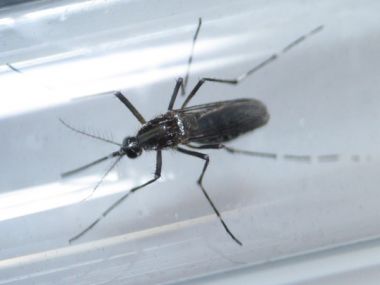Scarier than initially thought: CDC expert warns of Zika virus outbreak in U.S.

After infecting and causing abnormalities to thousands of babies, pregnant women and even men in South America, the threat of the Zika virus spreading to the United States has become real.
A medical expert from the Centers for Disease Control and Prevention (CDC) has told American states to prepare for more Zika virus infections, saying that this new menace is scarier than originally thought.
Dr. Anne Schuchat admitted that the Zika virus infection could become a problem in the U.S., just like how it is affecting Latin American countries and the Caribbean at present.
"While we absolutely hope we don't see widespread local transmission in the continental U.S., we need the states to be ready for that," Schuchat told CBN News.
The doctor further explained that the medical community's initial impression that the Zika virus infection only brings about mild symptoms turned out to be wrong.
Schuchat explained that neurologists are starting to believe that the Zika virus can indeed cause foetal brain defects and rare neurological problems in adults.
Infected pregnant women in South America have also experienced miscarriages, stillbirths, and other complications to their pregnancies.
Worse, the CDC expert further said that paralysis and potentially fatal brain inflammation were observed in other infected adults, not just pregnant women.
In an attempt to prevent the potential spread of the Zika virus in the U.S., President Barack Obama is seeking Congress' support in allocating about $1.9 billion to help fight the virus on a global scale and to put in place ample preparations in the country for this public health emergency.
The Obama administration also plans to use $589 million left over from efforts to combat the Ebola virus, this time to shield the U.S. from a Zika virus outbreak.
Dr. Anthony Dauci of the National Institutes of Health, however, said these budgetary allocations are "not enough for us to get the job done."
"It's just a temporary stopgap," Dauci told The Associated Press.











